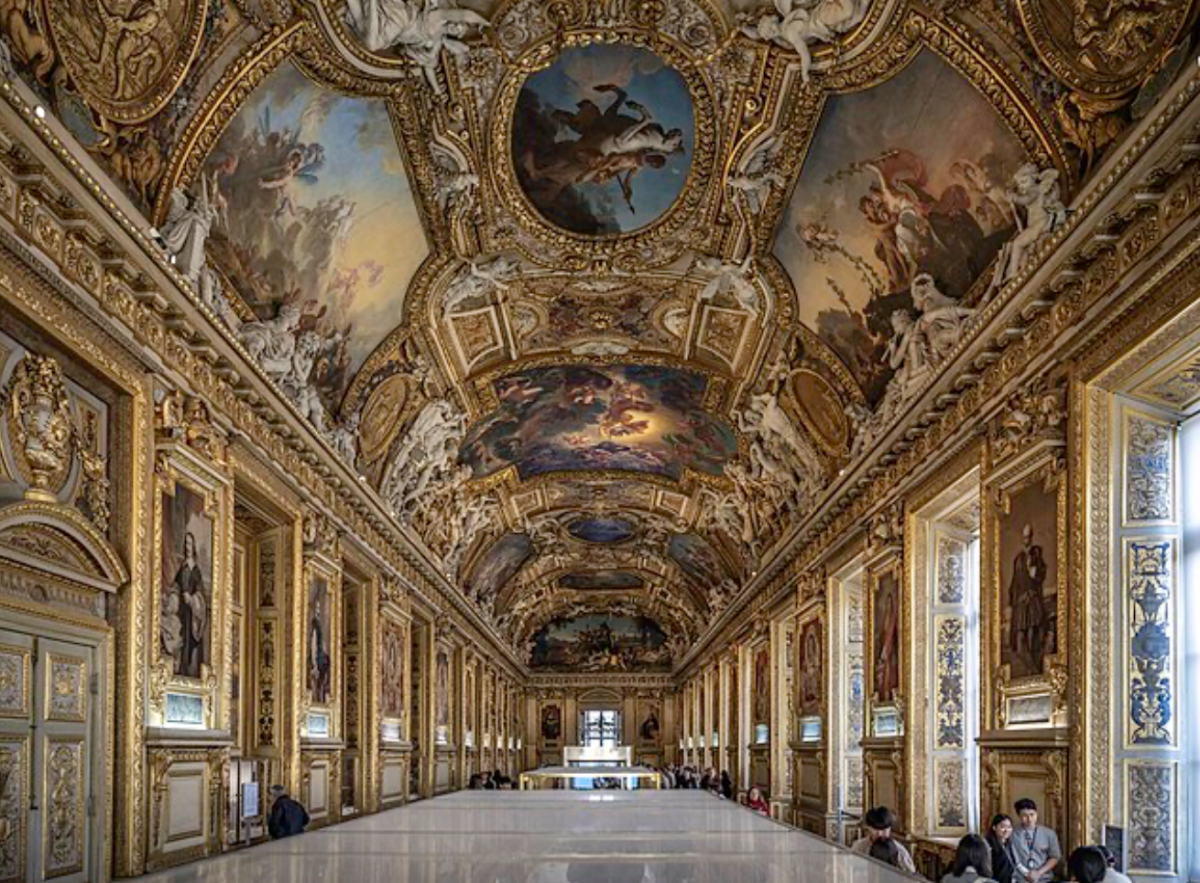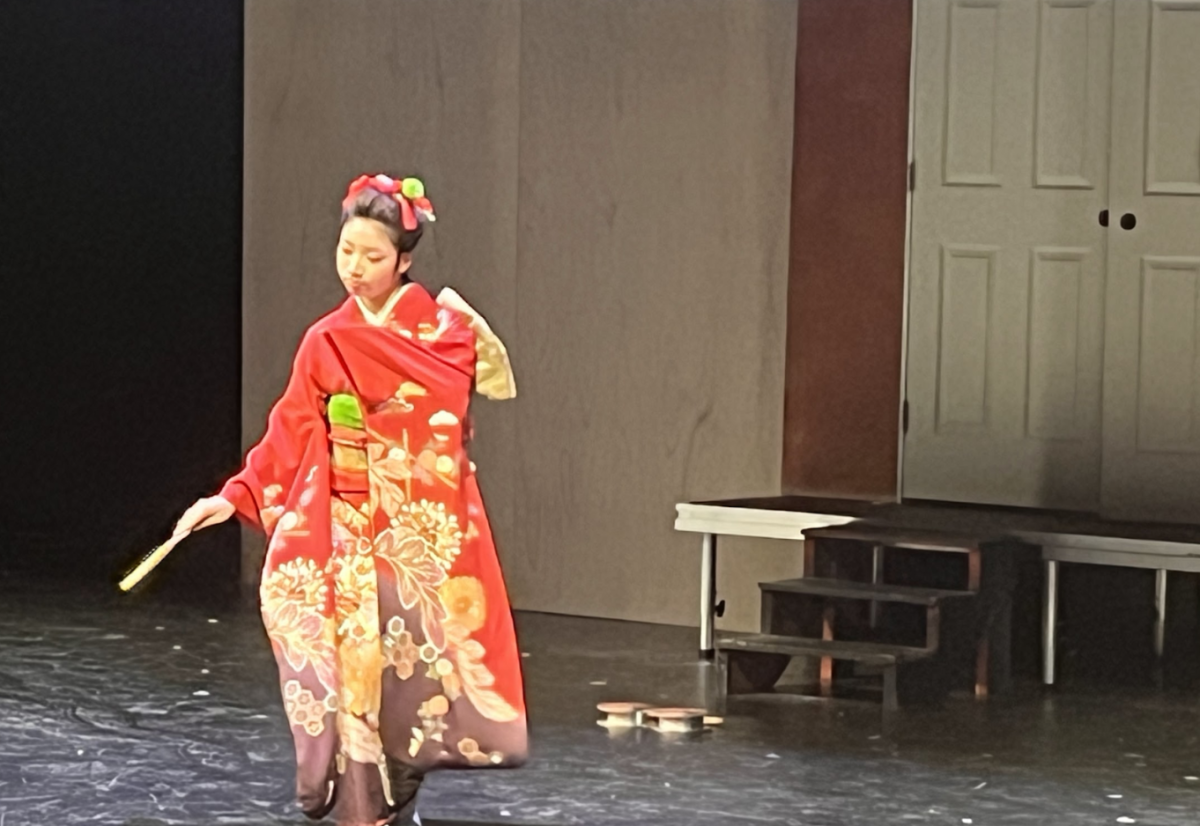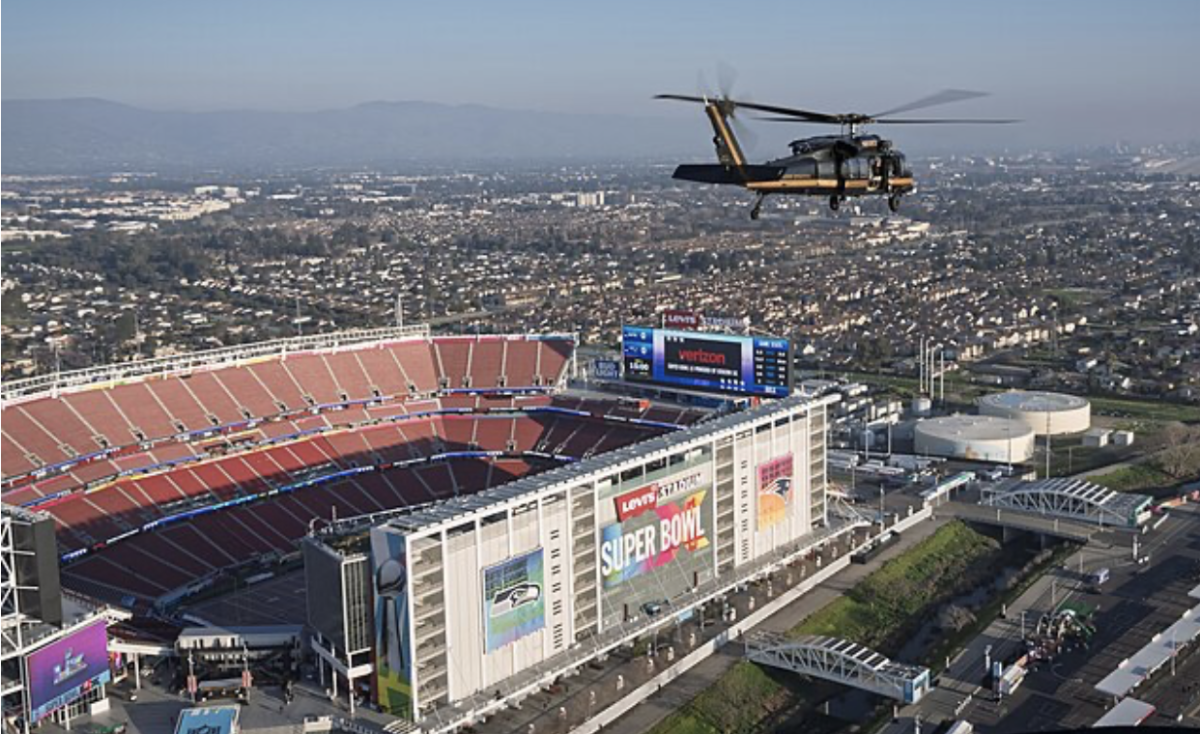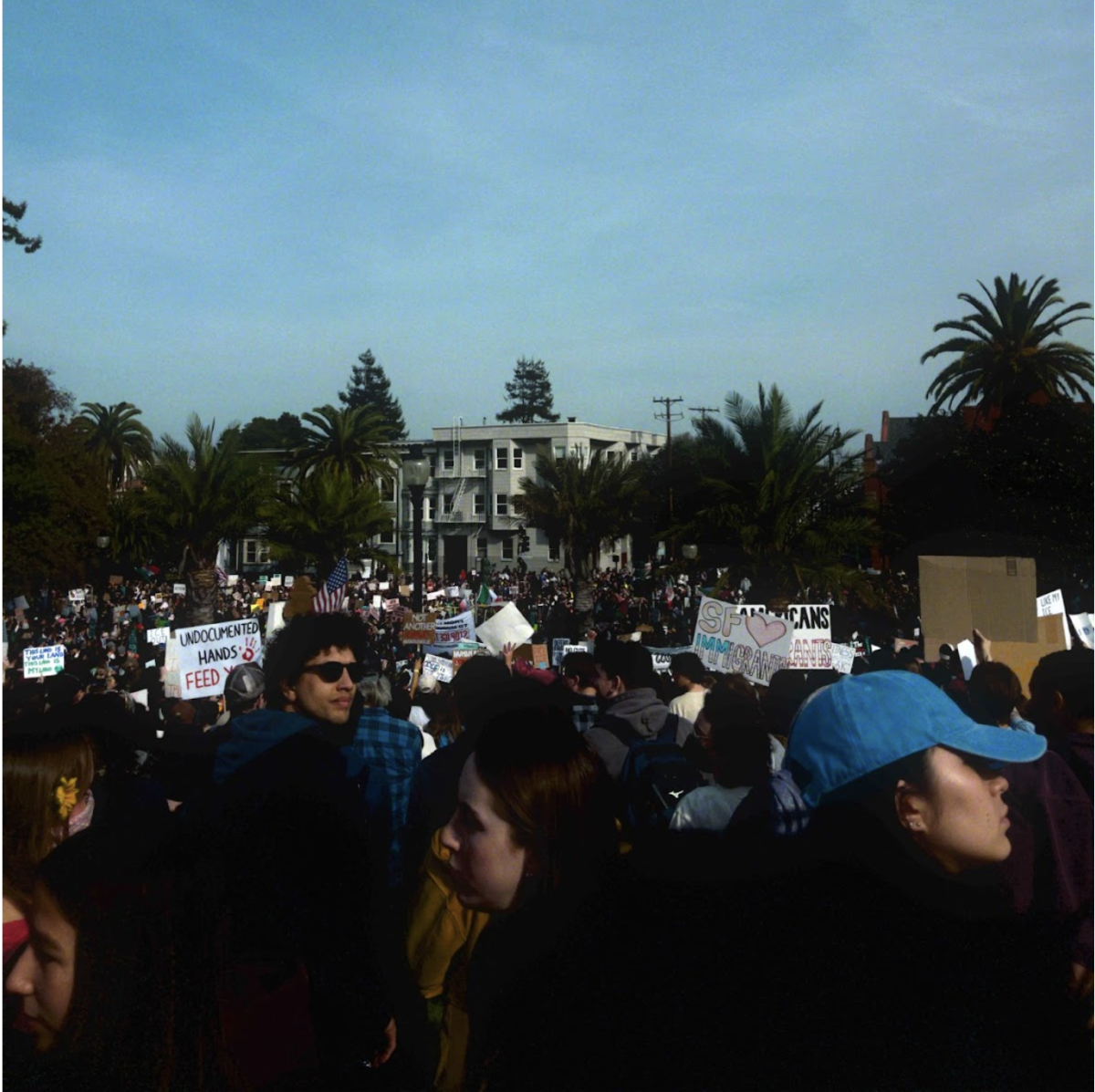by Zoë Newcomb
News Editor
Seventeen magazine boasts the best tips for how to get that perfect “ghetto-fabulous look.” Girls shriek through the halls, laughing about their ghetto car. World history classes study the poverty-stricken ghettos of World War II.
The word “ghetto” has evolved from a simple meaning to encompassing an entire complex community. A word derived from a place of poverty is now associated with mass consumerism and wealth, which some people find offensive.
“The correct definition of ghetto is a section of a city where people who are economically troubled lived,” said junior Farah Fouladi. “But that’s the noun definition. The adjective ghetto is more popular, and has turned into a fashion movement and culture.”
The “ghetto culture” Fouladi mentions has a widespread influence on society. From clothing brands like “Baby Phat” to song lyrics and movies, the word ghetto is intertwined into everyday life.
The traditional definition of the word ghetto has arguably become obsolete in modern society — replaced with a definition that better suits a new generation with a changing worldview.
“I don’t think its bad to talk about or sing about something you have experience with,” said Fouladi. “But when you just throw around a word like ghetto lightly and without thinking, it can really hurt people.”
Historic uses of the word ghetto don’t apply to the modern uses. Students say that they look to culture and society to define the word.
“Ghetto is like its own culture,” said sophomore Natalie Sullivan. “It has its own music, its own clothing styles, its own dancing. I associate it with hip-hop and bling.”
While some argue the culture consists of light-hearted fun, other say that the culture, particularly song lyrics, blur the lines between right and wrong.
Junior Christina Perkins says that she thinks it’s insulting to call an inanimate object “ghetto,” because some people actually have to live in ghettos.
“Historically, people have struggled economically and socially to make ends meet,” said Perkins. “Its rude to compare a group of people to, say, an old broken phone.”
Perkins says that hip-hop culture in particular has influenced society into using ghetto in a way that isn’t respectful, but that use of the word is also associated with race.
“Its more acceptable for an ethnic minority to use ghetto, which is really unfair,” said Perkins.
Despite being unfair, that seems to be an opinion that many people agree with. On the popular Web site www.urbandictionary.com, a place where anyone can publish a definition for any word, ghetto has over 100 definitions.
“Now if a white suburban kid is speakin the ghetto lingo and glamorizing bein ‘gangsta’… like bein a blood or crip… tats different… those people dont know who they are and still need to think really hard about what they are doin with themselves,” wrote Guarani, a contributor using spelling and colloquialisms acceptable on the Web site.
Guarani’s opinion seems to match Perkin’s, in that the word ghetto has heavy undertones that are not often addressed. For a word so common in society, its often hard to distinguish when the proper and improper times to use it.
“Ghetto is unnecessary, has the potential to be offensive, and doesn’t convey my point well,” said Perkins. “Words are better when they actually have a universal definition. If nobody really knows what it means or when to use it, then they won’t understand the point.”















Jeanne • May 21, 2010 at 2:20 pm
Actually, the roots of the word ghetto go all the way back to the 1500’s, possibly earlier, in Venice with the segregation of Jewish people into one section of that city. The word for centuries was associated with the Jews. Then, it evolved into an association with segregation, then with African Americans (because of segregation and its poverty). Now it is evolving again…into something associated with a culture.